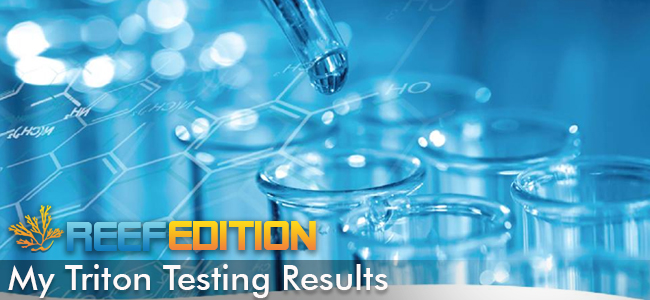Posting this in the SPS forum, too, because that's what I'm targeting.
Question is, when dosing Kalk, you typically have Ca increases disproportionate to alkalinity (albeit very slowly) since kalk is not a truly balanced additive. How do successful reefers overcome this? Are water changes enough? Do you mix saltwater with lower calcium (so 34 ppt with most mixes) and then dose up alkalinity/Mg? Do you alter the kalk solution? I'm not using kalk (anymore), but I'm considering dosing it very slowly overnight, mostly to help with the diurnal swing--which is a pretty fantastic use of kalk, if normal daylight alk and pH ranges are good, but also to eek out a little more runway from my ATO (I have a 20G nano, and am not willing to hook my RO up to the ATO, so that's a no-go--trying to focus this on the specific Kalk question )
)
Question is, when dosing Kalk, you typically have Ca increases disproportionate to alkalinity (albeit very slowly) since kalk is not a truly balanced additive. How do successful reefers overcome this? Are water changes enough? Do you mix saltwater with lower calcium (so 34 ppt with most mixes) and then dose up alkalinity/Mg? Do you alter the kalk solution? I'm not using kalk (anymore), but I'm considering dosing it very slowly overnight, mostly to help with the diurnal swing--which is a pretty fantastic use of kalk, if normal daylight alk and pH ranges are good, but also to eek out a little more runway from my ATO (I have a 20G nano, and am not willing to hook my RO up to the ATO, so that's a no-go--trying to focus this on the specific Kalk question


















